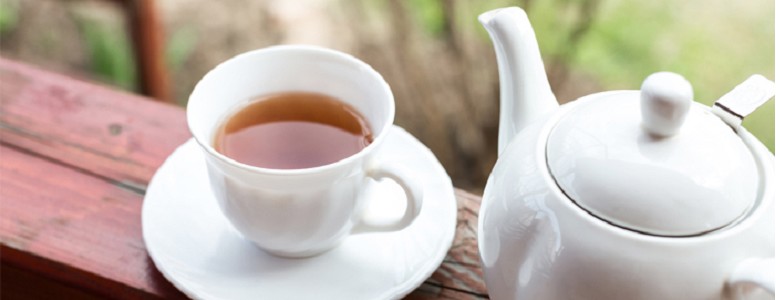Not only is it beneficial to quit adding sugar to your cup of tea, but a new study has found that tea drinkers were able to make the change and not miss sugar.
Researchers from University College London and the University of Leeds say tea drinkers still enjoyed their brew without sugar after studying 64 men over one month who usually drank tea with sugar.
The growing evidence base is showing how sugar is linked to health conditions including cancer and heart disease, and high sugar consumption is known to heighten the risk of obesity and type 2 diabetes.
Cutting down on sugar can be very beneficial, but the researchers behind this study were anticipating some reluctance from participants who had gotten into the habit of adding sugar to their cup of tea.
The participants were split into three groups. One group quit adding sugar in their tea immediately, another gradually reduced it over four weeks, and a control group continued to drink tea with sugar in it.
Both reduction strategies paid off. After the four-week period, 42% of those who steadily reduced their sugar said they no longer took sugar in their tea, while 36% of the group which stopped taking sugar in their tea instantly also gave it up. Only 6% of the participants in the control group stopped having sweetened tea.
The researchers said a similar approach could be taken in getting people to cut back on sugar in drinks, including squash.
They concluded: “Excess sugar intake is a public health problem and sugar in beverages contributes substantially to total intake. Reducing sugar intake from beverages may therefore help to reduce overall consumption.”
The results from the research were presented to delegates at the European Congress on Obesity, which is taking place in Glasgow. The researchers say a larger study is now needed to confirm the findings.
To learn more about sugar, sweeteners and the sugar found in drinks, visit Diabetes Digital Media’s award-winning Low Carb Program.
What's new on the forum? ⭐️
Get our free newsletters
Stay up to date with the latest news, research and breakthroughs.




